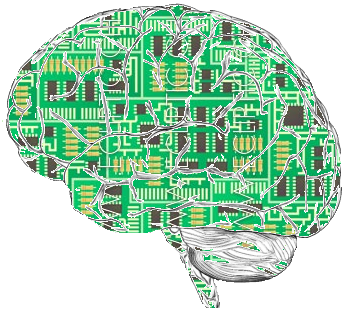 Bowe Bergdahl is infamous as the US Army soldier who in 2009 voluntarily walked of his post in Afghanistan and into the arms of the Taliban. His gripping story is currently being told in the excellent 'Serial' series 2 podcast.
Bowe Bergdahl is infamous as the US Army soldier who in 2009 voluntarily walked of his post in Afghanistan and into the arms of the Taliban. His gripping story is currently being told in the excellent 'Serial' series 2 podcast.
The US Army is renowned for developing the original 'after action review' during the Vietnam war. This was the genesis of the US Center for Army Lessons Learned, which generously shares it's innovative techniques that maximise organisational learning. So, how did the Army use it's knowledge in tracking down Bergdahl? Badly, according to Major Jason Dempsey, a military planner with huge experience on the ground. In episode 2 of Serial entitled 'The Golden Chicken', Dempsey explains that that the US Army "rotated a few thousand dudes through there every seven to twelve months". He continues that "after 7 years of war there is no institutional knowledge of the in Afghanistan, nearly none. We were not there long enough to get fully engaged".
It seems that knowledge continuity and handover continues to be problematic even for the most mature knowledge organisations. In this case, with potentially lethal consequences.
Tip; start with the first episode of Serial, before listening to 'The Golden Chicken'. Warning; you will be hooked!
